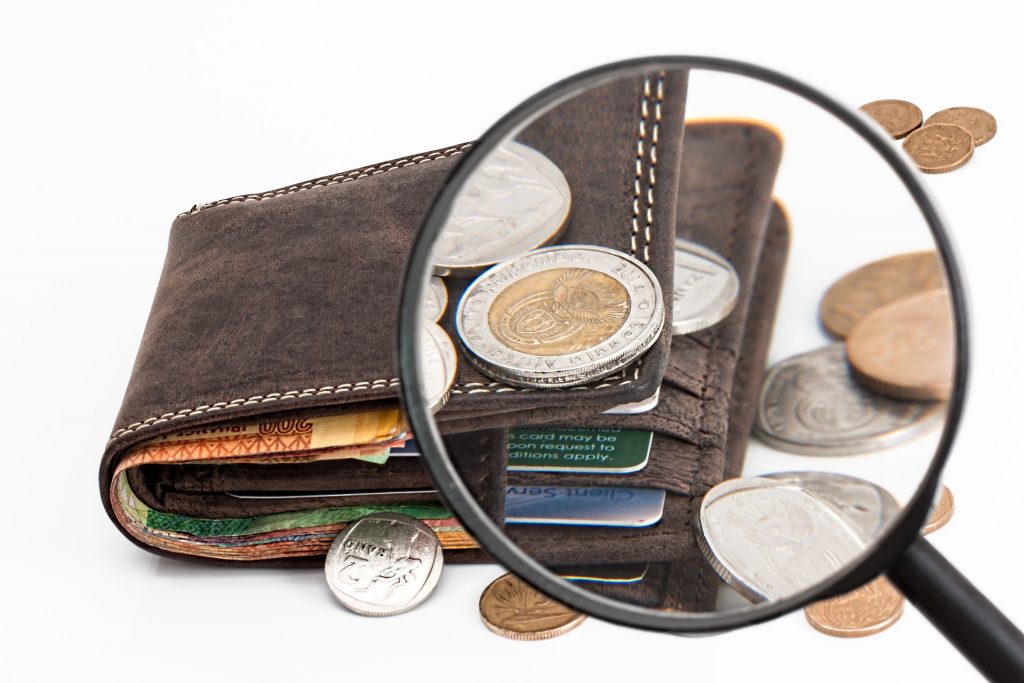No doubt using a credit card comes with a number of benefits. And it also comes with a variety of credit card fees. But the good news is, you can avoid them if you know what they are, and when they are charged. So here’s a list of the most common credit card fees, and how you can steer clear of them:
Annual Fee
Some credit cards, especially those that give you rewards and perks come with a price tag. Annual fees on credit cards can be anywhere between $20 and $500. In general, the better the rewards on your card, the higher is the fee you pay for it. You can avoid this by opting for a cash-back or rewards credit card without an annual fee. You can also make the most of the credit cards that come with an annual fee waiver for the first year.
Late Payment Fee
This becomes applicable when you fail to make at least the minimum payment before the due date. This fee may go up to $38. Late fee ceilings are set annually as per the Truth in Lending Act. To avoid this fee, you need to make sure your bill is paid on time. Want to completely avoid the risk of late payment? Set up automatic bill payments on your credit card.
Balance Transfer Fee
This fee is charged when you move your debt from one credit card to another. A balance transfer is usually accompanied by a 3% to 5% charge on the amount you roll over to the new credit card. This may be hard to avoid. The only way to avoid it is by finding a credit card that does not charge a fee for a balance transfer.
Cash Advance Fee
This fee is charged when you borrow cash against your credit card. Making a cash advance or an equivalent transaction usually attracts a fee of 2% to 5%. Cash advance often costs much more than just this fee. You may have to pay an ATM fee on cash advances and also charge higher interest rates for these transactions. The only way you can avoid this fee is by not using your credit card to withdraw cash unless it is truly an emergency.
Foreign Transaction Fee
When you use your credit card to purchase in other countries, you are charged a foreign transaction fee. These fees are calculated as a percentage of your purchase, usually between 1% and 3%. You can avoid this fee by opting for a credit card that is meant to be used internationally. Usually, travel rewards cards are best to avoid foreign transaction fees.
Returned Check Fee
This fee is charged when your credit card payment gets declined, due to a lack of funds in your account to cover the payment. This fee can go up to $35. To avoid this fee, make sure you have enough funds in your checking account before you make a credit card payment.
Other less common fees include the application or processing fee, credit card limit increase fee, or the credit card replacement fee. Understanding the different credit card fees makes you an informed user and helps you decide when it’s best to pay with cash, credit, or debit.

